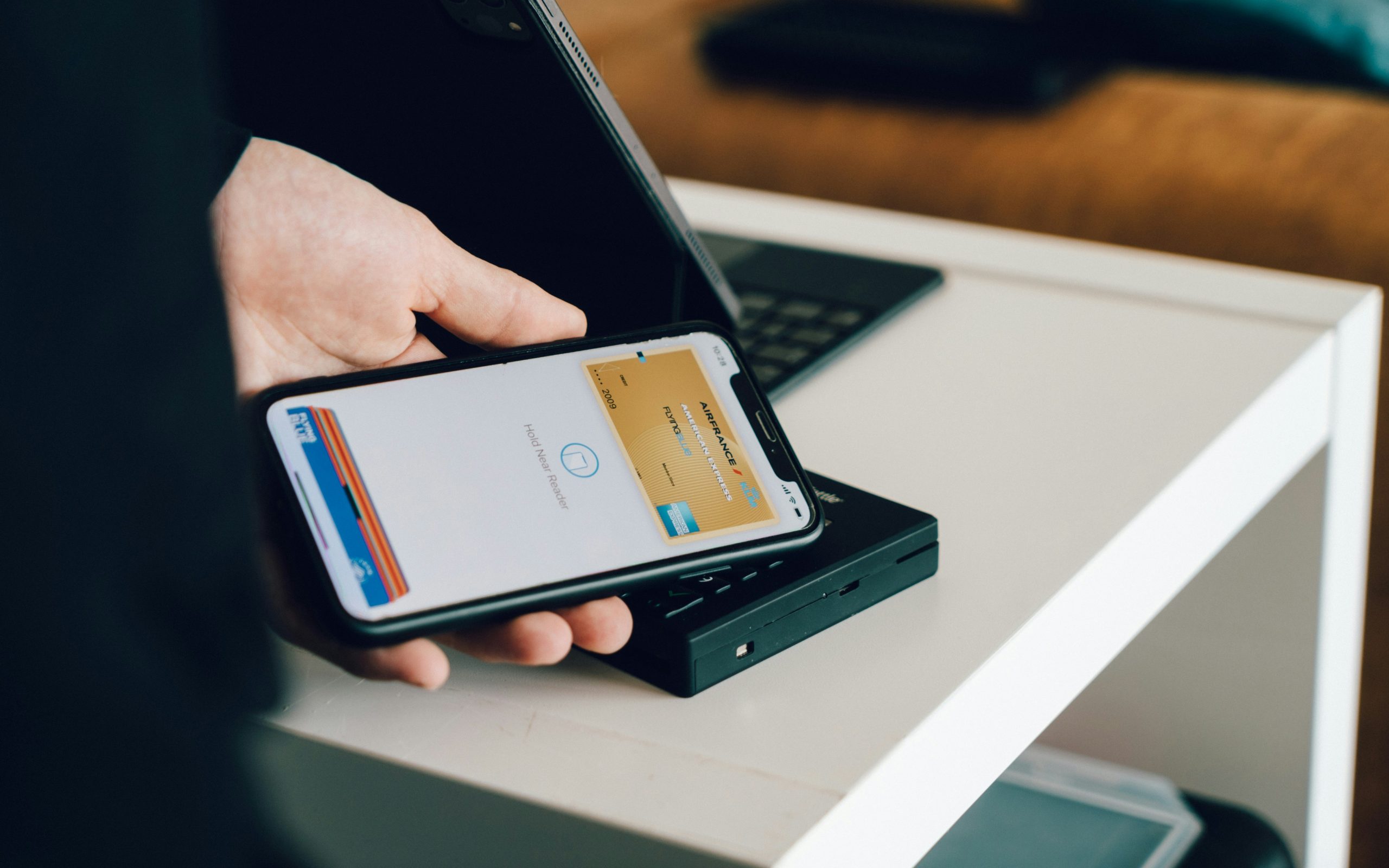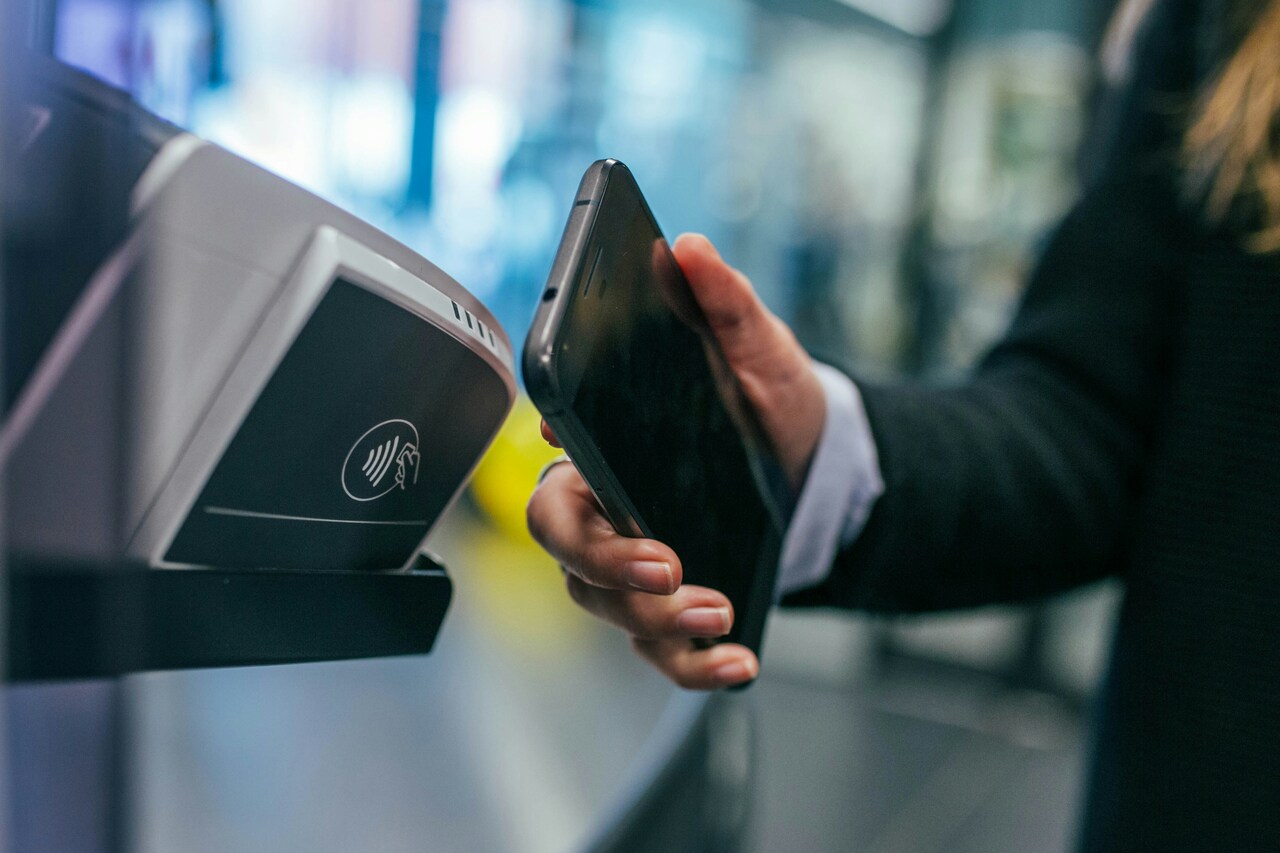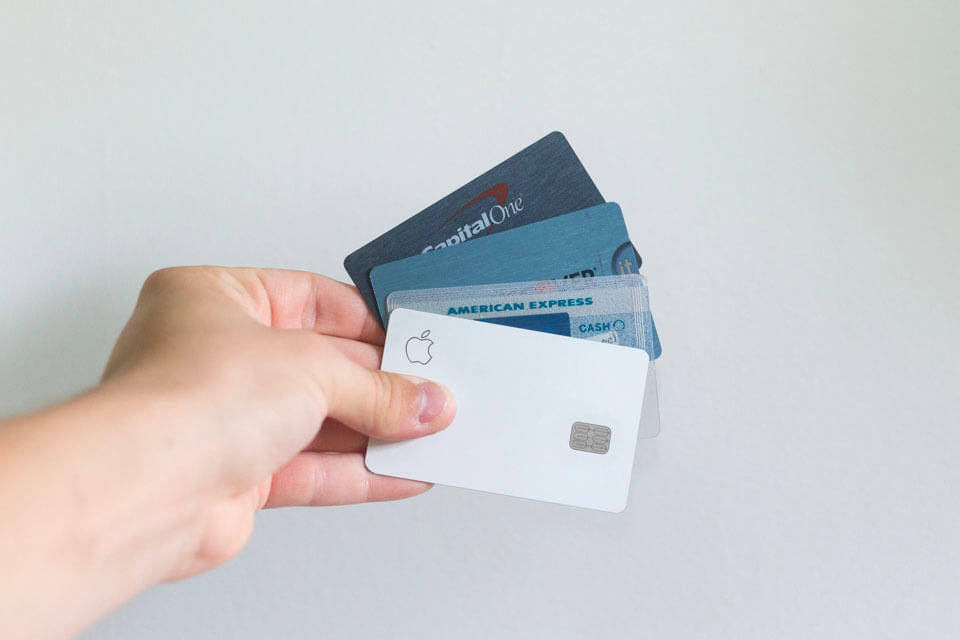The situation of Mobile money in Vietnam
Vietnam is experiencing a dramatic surge in mobile money adoption, revolutionizing the country’s non-cash payment ecosystem. The Vietnamese government has been actively promoting mobile money as a key driver of cashless transactions, especially in rural, mountainous, and island areas where traditional banking services are limited. Initially piloted nationwide from 2021 to 2023, mobile money services in Vietnam have been extended until December 31, 2024, by Government Resolution 192. This innovative approach to non-cash payments allows customers to use their telecom accounts for various transactions without requiring a bank account, smartphone, or internet connection, significantly boosting financial inclusion across the country.
The growth of mobile money in Vietnam has been impressive. As of May 2024, the country boasts over 8.8 million mobile money users, a 3.3% increase from the previous month. Notably, 72% of these users (6.3 million) are in rural and remote areas, highlighting the service’s success in reaching underserved populations. The number of mobile money acceptance points has also surged to 275,879, marking a 9.56% increase from April 2024. Transaction volumes have reached over 119 million, up 8%, with a total value exceeding 4,462 billion VND, a 7% increase. These statistics underscore the rapid adoption of mobile money as a preferred non-cash payment method in Vietnam[1].
Mobile Money in mountainous areas in Vietnam
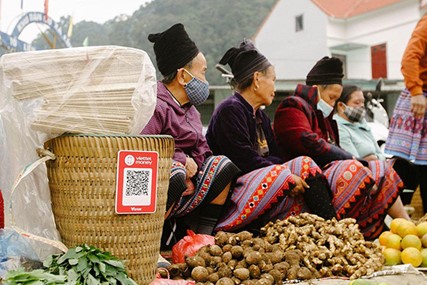
来源: https://www.quangninh.gov.vn/so/sothongtinTT/Trang/ChiTietTinTuc.aspx?nid=7492
Several key factors are driving this remarkable growth in mobile money. Firstly, high smartphone penetration, with over 70% of the population owning smartphones by 2023, has provided a solid foundation for mobile money services. Secondly, the COVID-19 pandemic accelerated the shift towards digital payments, with many consumers and businesses adopting mobile money as a safer alternative to cash. Thirdly, government support has been crucial, with favourable regulations such as Circular No. 23/2020/TT-NHNN allowing telecom operators to offer mobile money services without requiring bank accounts. Fourth, the entry of major telecom operators into the market has led to aggressive marketing and attractive offers, further driving user acquisition.
Mobile Money Service providers
Vietnam’s mobile money landscape is dominated by three major telecom operators: Viettel offers “Viettel Money,” VNPT provides “VNPT Pay,” and MobiFone has launched “MobiFone Money.” These providers have capitalized on their existing telecommunications infrastructure and customer relationships to rapidly deploy mobile money services, offering features such as person-to-person transfers, bill payments, merchant payments, and mobile top-ups.
VNPT’s Mobile Money Service
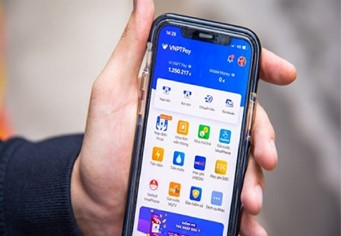
Source: https://vnpt.com.vn/tu-van/tien-di-dong-o-viet-nam.html
Opportunities and Challenges: Navigating the Mobile Money Landscape
The rise of mobile money in Vietnam presents significant opportunities and challenges. It can dramatically improve financial inclusion by reaching unbanked and underbanked populations, particularly in rural areas with limited traditional banking infrastructure. The widespread adoption of mobile money can stimulate economic activity by facilitating easier transactions and opening up new business opportunities. The sector is driving innovation in financial services, encouraging the development of new products tailored to local needs. Additionally, service providers can leverage transaction data to offer personalized financial products and improve risk assessment.
However, challenges remain. As mobile money usage grows, so does the potential for fraud and cybersecurity threats, necessitating heavy investment in robust security measures. Expanding reliable mobile coverage to rural regions remains a challenge, and many potential users, especially in rural areas, may lack the digital and financial literacy needed to fully utilize mobile money services.
Future Outlook of Mobile Money
The future of mobile money in Vietnam looks promising. The government’s commitment to building a digital economy will likely lead to increased investment in digital infrastructure and skills development, further boosting mobile money adoption. According to the government’s National Digital Transformation Program[2], Vietnam aims for 80% of adults to use electronic payment methods by 2025, supported by promotional campaigns and incentives for businesses and consumers. Furthermore, the strong push for non-cash payments is set to continue, with initiatives such as the promotion of QR code payments and the development of a national payment infrastructure creating a more interconnected ecosystem. In addition, as Vietnamese consumers become more accustomed to digital payments, their preferences are likely to shift further towards mobile money solutions, driven by convenience, speed, and increasing acceptance across different age groups and demographics.
Business Opportunities
The growth of mobile money also presents significant opportunities for various business sectors. ICT businesses providing the technological backbone for mobile money services, including software developers, cybersecurity firms, and telecommunications equipment manufacturers, are poised for growth. Digital transformation consultancies can leverage the mobile money trend to help traditional businesses adapt and integrate these payment solutions. Fintech companies and traditional financial institutions can develop innovative products and services that complement or build upon mobile money platforms. The proliferation of mobile money will likely boost e-commerce adoption, creating opportunities for online retailers and service providers.
In conclusion, the rapid rise of mobile money users in Vietnam represents a significant shift in the country’s financial landscape. Driven by technological advancements, supportive regulations, and changing consumer preferences, mobile money is poised to play a crucial role in Vietnam’s digital economy.
[1] https://vietnamnet.vn/luong-nguoi-su-dung-mobile-money-tai-viet-nam-tang-nhanh-2300552.html
[2] Decision No. 749/QĐ-TTg
| B&Company有限公司
自 2008 年以来,第一家专门在越南从事市场研究的日本公司。我们提供广泛的服务,包括行业报告、行业访谈、消费者调查、商业配对。此外,我们最近还开发了一个包含越南 900,000 多家公司的数据库,可用于搜索合作伙伴和分析市场。 如果您有任何疑问,请随时与我们联系。 信息@b-company.jp + (84) 28 3910 3913 |
阅读其他文章


